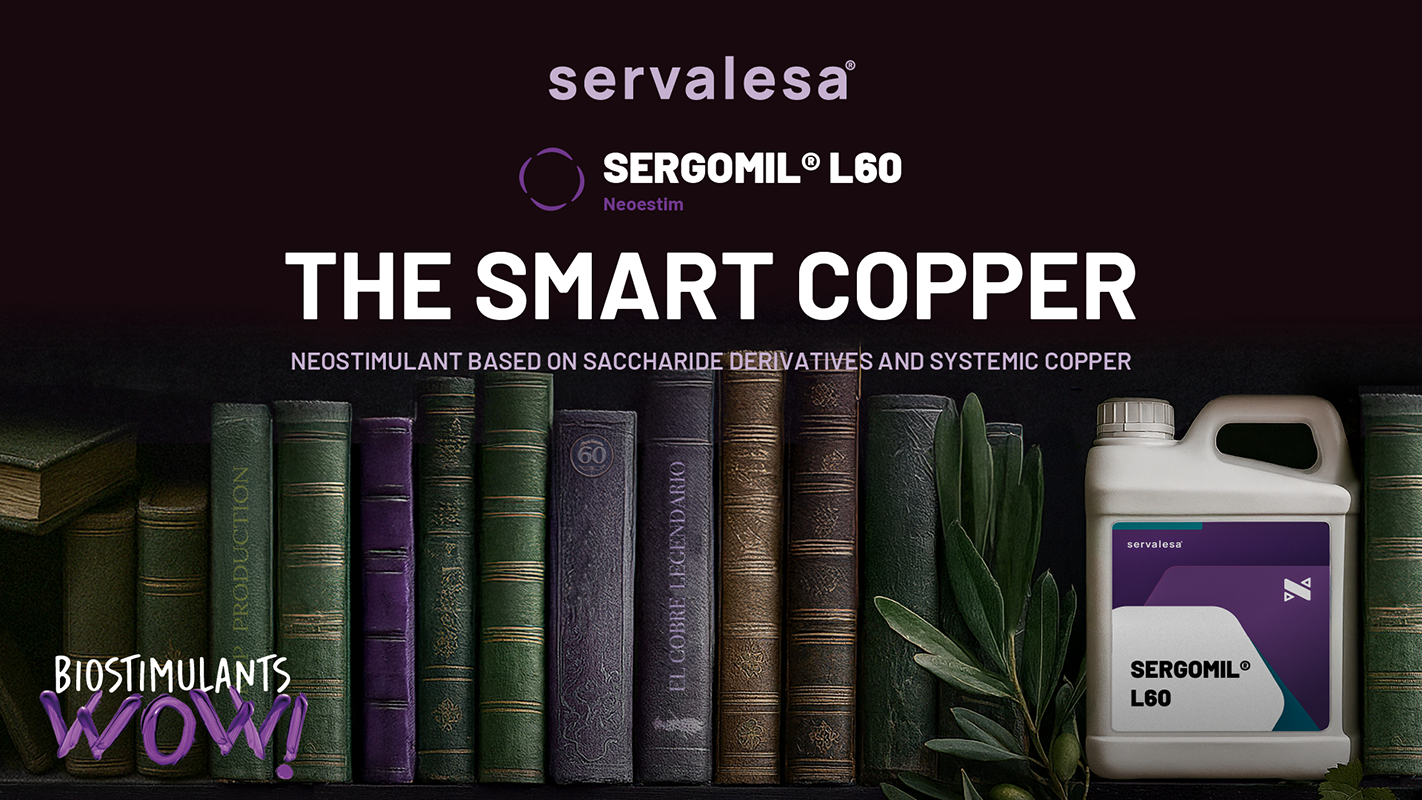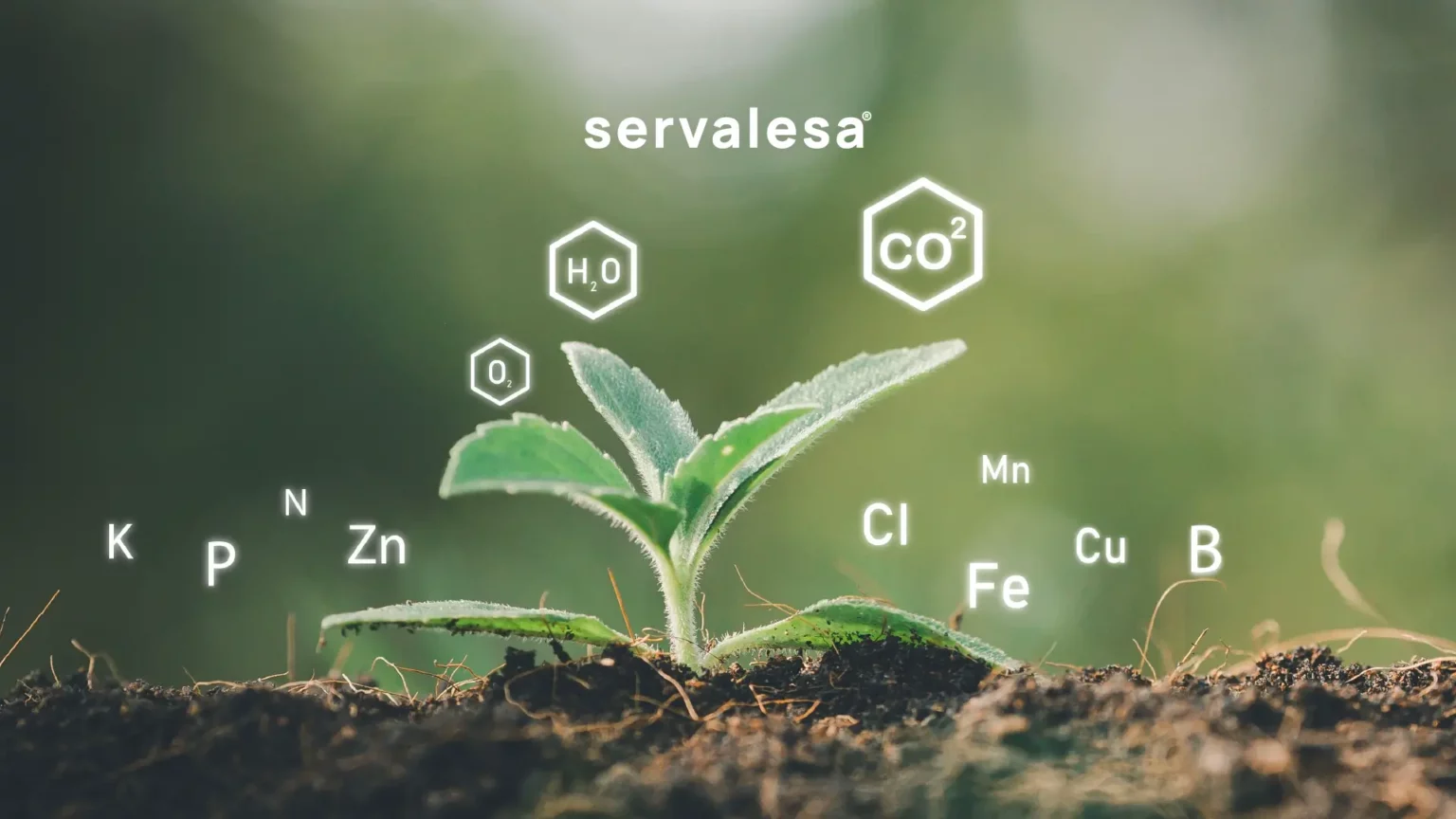Following on from the previous blog post on the concept of quality, we must inevitably talk about Quality Management Systems (QMS).
As we mentioned, we have gone from talking about Quality referring to the realization of the product delivered to the customer (product approach), to talk about Total Quality (approach based primarily on the customer).
This conceptual evolution led to the appearance on the scene of Quality Management Systems and, consequently, their certification standards.
Understanding the concept of management system (MS) is essential to understand the role played by ISO standards in the business world. Therefore, it is important to be very clear about the meaning of management system and what it means to manage it.
In fact, the simplest concept of system, understood as a set of interrelated elements that function as a whole, and that fulfill a specific mission or purpose, will also be important to assimilate what a Quality Management System is.
Therefore, if we go one step further up in the concept, a Management System (MS) is still that set of interrelated elements (i.e. system), but which allows us to develop a business or an activity, and which all organizations have in a more or less documented, more or less structured way, but which undoubtedly exists.
The key element of any management system is the processes, since the rest of the elements that make it up are configured around them. Their importance is such that all standards require them to be identified, as well as their interactions and the risks associated with each of them.
Once we have assimilated these concepts, we are ready to understand the role of ISO standards.
ISO standards improve an organization's performance
ISO Standards are developed by the International Organization for Standardization, a non-governmental organization, composed of representatives of the standardization bodies of the different countries. For example, UNE is the standardization organization that represents Spain in ISO.
Each standard is promoted by a specific Technical Committee (TC), with the participation of specialists in a specific field who develop each standard by proposing compliance requirements for a given subject. These are requirements that any organization can decide to comply with on a voluntary basis, since they are nothing more than recommendations or good practices that each TC, based on its experience, proposes to improve the performance of an organization in a specific area.
The ISO 9001 standard:
This is where a standard that stands out in the international business arena comes into play: ISO 9001:2015 – Quality Management Systems (requirements). This standard has experienced a 12% increase in the number of certifications issued last year (source: ISO Survey 2022), reaching a total of 1,522,996 certified centers worldwide, and where Spain occupies a remarkable position (7th position worldwide, 4th position in Europe).
Therefore, we could say that when an organization submits its Management System to the structure of the ISO 9001 standard, it becomes a Quality Management System.
What are the benefits of ISO 9001?
The advantages of implementing this standard are well known, since, after all, they are nothing more than a set of recommendations that make the management system work more effectively and efficiently, if only for the simple fact that they imply continuous improvement and customer satisfaction as the main premises.
In addition, the QMS have established from the beginning some organizational guidelines that, in most cases, will serve as an effective basis for the support of other management systems, such as an Environmental Management System (EMS) or an Occupational Health and Safety Management System (OHSMS).
Servalesa has had its Quality Management System certified to ISO 9001 for 22 years. During this period, it has adapted to the evolution of the standards themselves (4 versions to be specific), as well as to the new contexts and the continuous growth to which it has been subjected. The robustness of the QMS is the result of a high degree of involvement of the Management, whose horizontal approach encourages interdepartmental commitment and cooperation. This commitment and teamwork allows Servalesa to benefit from the synergies generated between the different areas towards the same objective.
Alberto Alepuz
Department Manager (QEHS)




